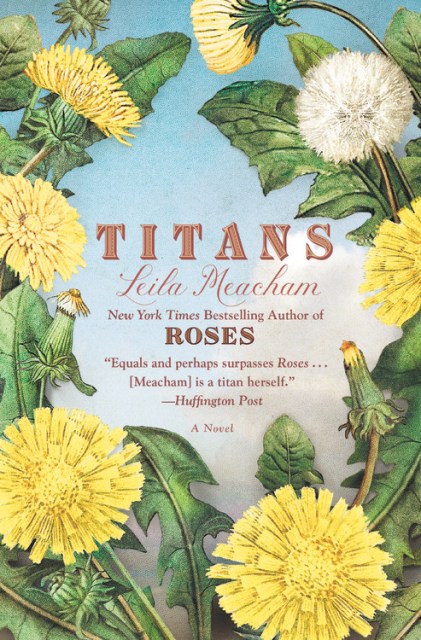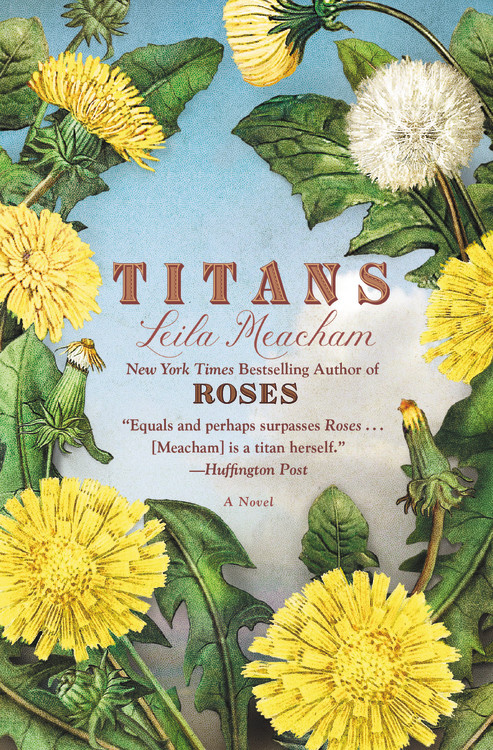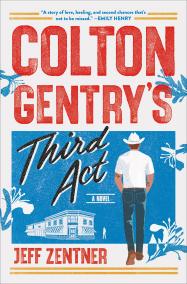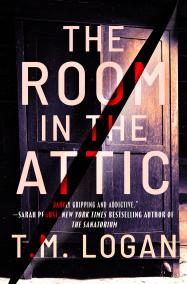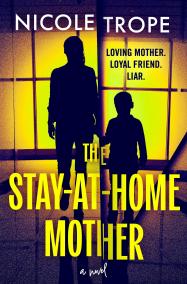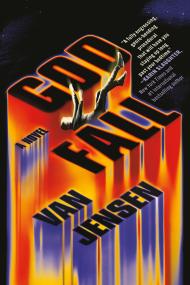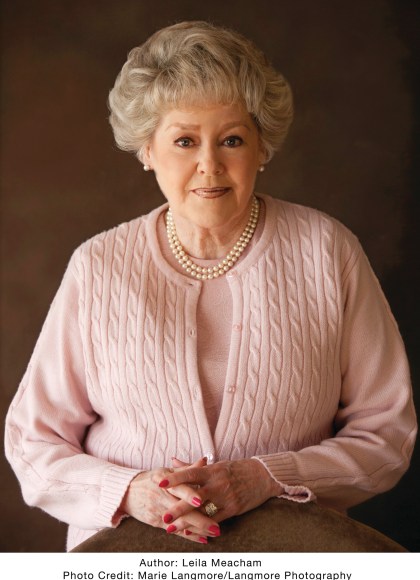By clicking “Accept,” you agree to the use of cookies and similar technologies on your device as set forth in our Cookie Policy and our Privacy Policy. Please note that certain cookies are essential for this website to function properly and do not require user consent to be deployed.
Titans
Contributors
Formats and Prices
- On Sale
- Apr 11, 2017
- Page Count
- 624 pages
- Publisher
- Grand Central Publishing
- ISBN-13
- 9781455533848
Price
$16.99Price
$22.99 CADFormat
Format:
- Trade Paperback $16.99 $22.99 CAD
- ebook $11.99 $15.99 CAD
- Audiobook Download (Unabridged)
This item is a preorder. Your payment method will be charged immediately, and the product is expected to ship on or around April 11, 2017. This date is subject to change due to shipping delays beyond our control.
Buy from Other Retailers:
From the New York Times bestselling author of Roses comes “epic storytelling that plunges the reader headfirst” into the fate of heiress Samantha Gordon and ranch hand Nathan Holloway as their lives collide in early 1900s Texas. (Jackie K Cooper, The Huffington Post)
Texas in the early 1900s was on the cusp of an oil boom that, unbeknownst to its residents, would spark a period of dramatic changes and economic growth. In the midst of this transformative time in Southern history, two unforgettable characters emerge and find their fates irrevocably intertwined: Samantha Gordon, the privileged heiress to the sprawling Las Tres Lomas cattle ranch near Fort Worth, and Nathan Holloway, a sweet-natured and charming farm boy from far north Texas.
As changes sweep the rustic countryside, Samantha and Nathan’s connection drives this narrative compulsively forward as they love, lose, and betray. In this grand yet intimate novel, Meacham once again delivers a heartfelt, big-canvas story full of surprising twists and deep emotional resonance.
Texas in the early 1900s was on the cusp of an oil boom that, unbeknownst to its residents, would spark a period of dramatic changes and economic growth. In the midst of this transformative time in Southern history, two unforgettable characters emerge and find their fates irrevocably intertwined: Samantha Gordon, the privileged heiress to the sprawling Las Tres Lomas cattle ranch near Fort Worth, and Nathan Holloway, a sweet-natured and charming farm boy from far north Texas.
As changes sweep the rustic countryside, Samantha and Nathan’s connection drives this narrative compulsively forward as they love, lose, and betray. In this grand yet intimate novel, Meacham once again delivers a heartfelt, big-canvas story full of surprising twists and deep emotional resonance.
-
"The finest historical fiction not only entertains but teaches readers something about an era not their own, and this novel offers a stellar crash course in Texas history...The novel has it all: a wide cast of characters, pitch-perfect period detail, romance, plenty of drama, and skeletons in the closet (literally). Saga fans will be swooning."Booklist (starred review)
-
"Equals and perhaps surpasses Roses...It has everything any reader could want in a book...epic storytelling that plunges the reader headfirst into the plot...[Meacham] is a titan herself."Jackie K Cooper, Book Critic, The Huffington Post
-
"Emotionally resounding...Texas has never seemed grander...as a mammoth human filled with longing and ambition...Meacham's easy-to-read prose helps to maintain a pace that you won't be able to quit, pushing through from chapter to chapter to find the next important nugget of this dramatic family tale. It is best savored over a great steak with a glass of wine and evenings to yourself."BookReporter
-
"Meacham crafts a grand Texas family epic, by way of Dickens...the explosive plot elements...collide in a satisfying climax...the final paragraph is practically perfection."Lone Star Literary Life
-
"A novel about family love and retribution as much as wealth or ambition. What makes Titans successful is how skillfully the author involves readers in the characters' lives, and keeps us reading, as we watch the plot play out."Historical Novel Society
-
"Roses heralded as the new Gone with the Wind."USA Today (Praise for Roses)
-
"Reads like a high-end Thorn Birds."Sara Nelson, The Daily Beast (praise for Roses)
-
"As large, romantic, and American a tale as Texas itself."Booklist (praise for Roses)
-
"An enthralling stunner....A compelling saga with echoes of Gone with the Wind."Publishers Weekly (praise for Roses)
Newsletter Signup
By clicking ‘Sign Up,’ I acknowledge that I have read and agree to Hachette Book Group’s Privacy Policy and Terms of Use
